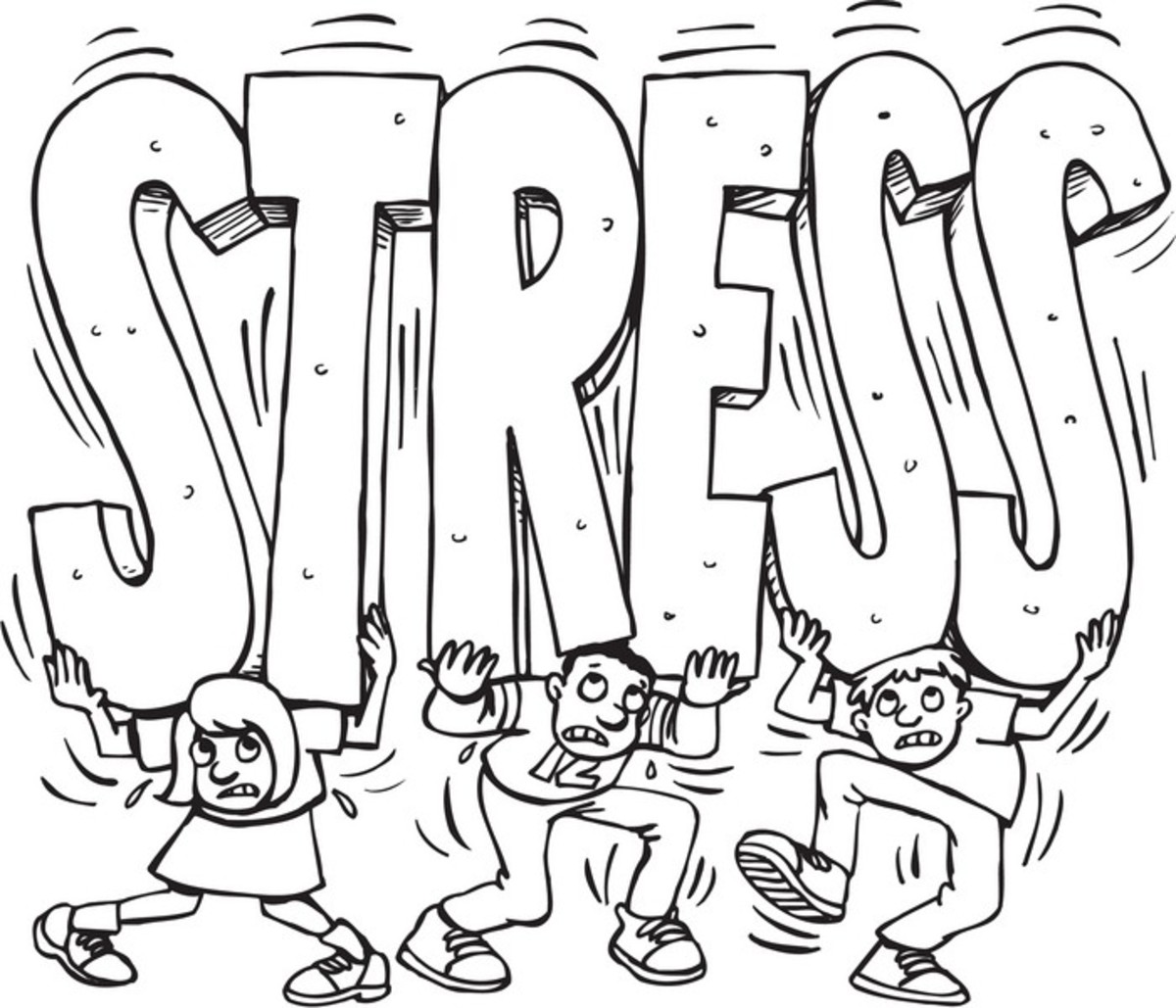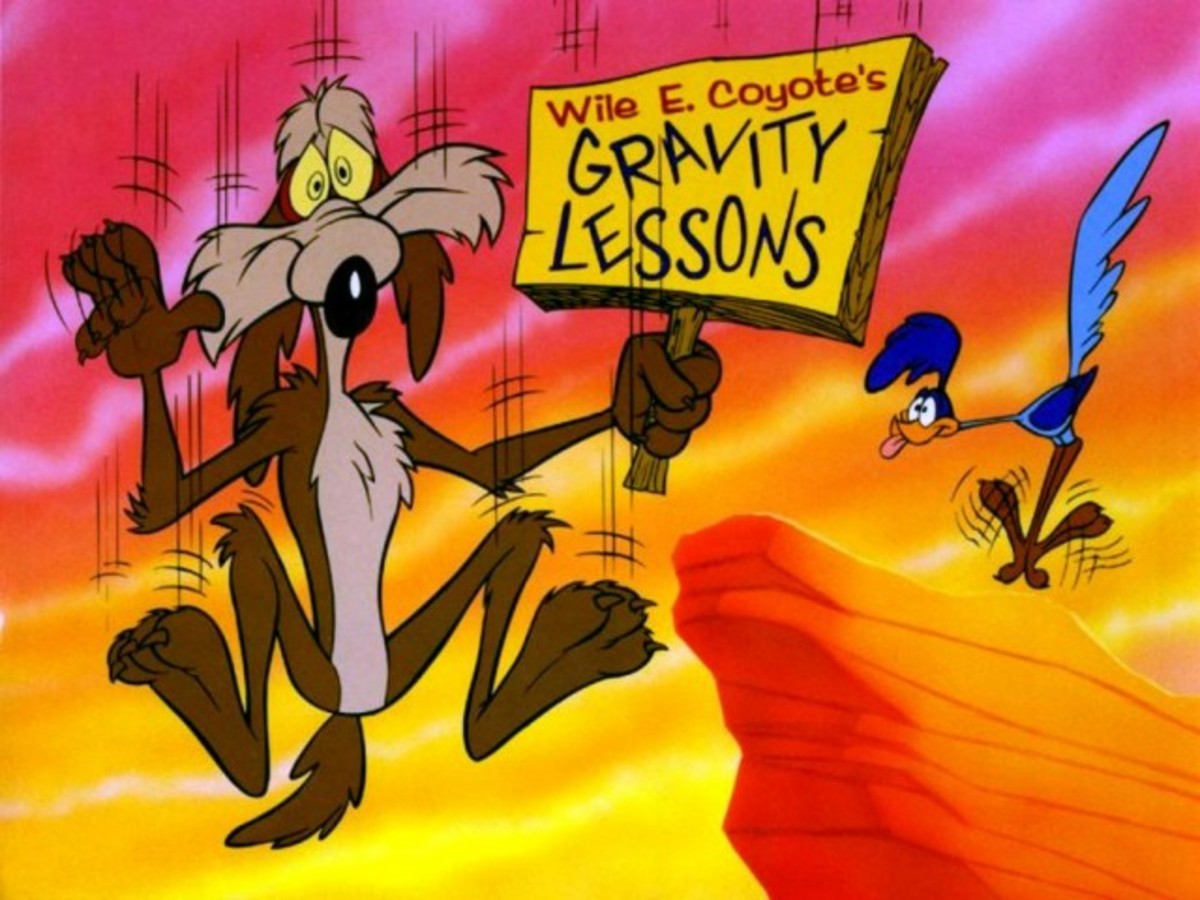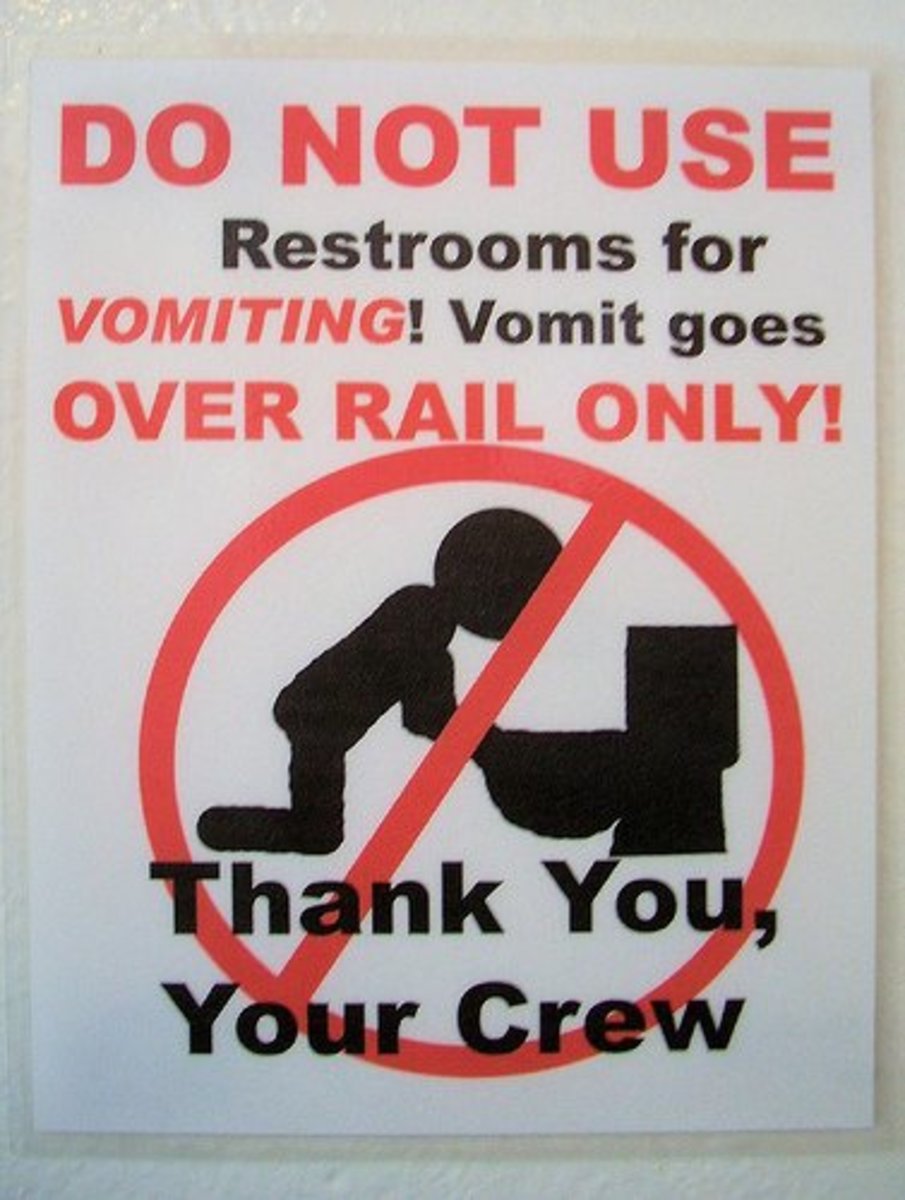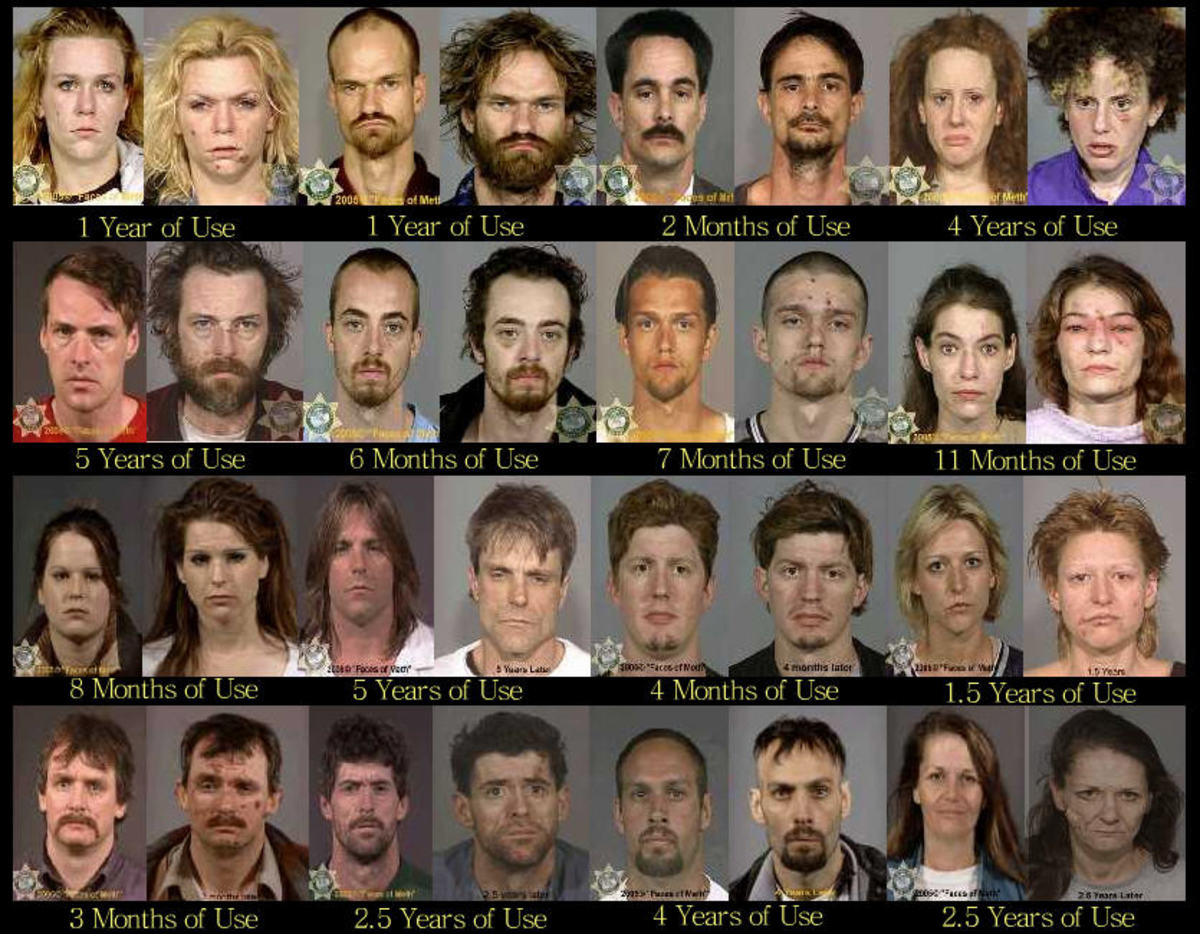- HubPages»
- Health»
- Mental Health»
- Addiction»
- Drug Addiction
Relapse Prevention and you: A Helpful Guide
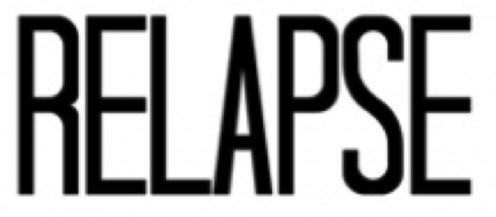
In everyday terms, a relapse is when you return to addictive behaviors after you have refrained from use, or have been abstinent.
It is important to remember that relapse can and does happen, and just because this occurs it does not mean that you have failed. If you relapse it is important to be honest about it and know that you can continue with treatment. Relapse is simply a treatable set back.
Symptoms of Relapse
- Romanticizing or longing for the "old days".
- Thinking you can use without addiction following.
- Reconnecting with "user friends".
- Defensive behaviors and not accepting of constructive criticism.
- Resuming denial.
- Changes in attitudes and/or behaviors.
- Sudden feelings of depression and loneliness.
- Breaking down of social relationships.
- Feeling extremely stressed and always tense.
- Resentment of ones that try to help you.
- Return of withdrawal symptoms.
- Loss of your believe in addiction recovery programs and their efficacy.

Factors that can Cause Relapse.
- Stressful situations that you associate with substance use.
- Stress in general is a major trigger for use.
- Your attitude towards sobriety.
- Anxiety.
- Depression.
- Interpersonal relationships.
- Work.
- Leisure time.
- Negative and positive changes in life.
- Your environment.
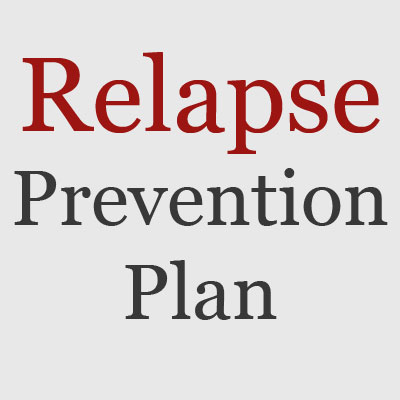
Prevention Strategies
Relapse is not the end, it is very important to remember that it is a steady process.
Learn to identify and cope with stressful and high-risk situations.
Recognize and cope with urges and cravings.
Use damage control during a lapse to minimize the negative consequences.
It is important to stay in treatment (and active) even after a relapse.
Be sure to create a balanced lifestyle.
Stages of Relapse
Step 1: Unhealthy emotions-feelings of being stuck and unable to cope.
Step 2: Denial-convincing oneself that all is well when in actuality, help is needed.
Step 3: Compulsive behaviors-coping with negative behaviors.
Step 4: Triggers-something that causes the desire to use.
Step 5: Interior chaos-triggers cause stress to increase.
Step 6: Exterior turmoil-you realize that something is wrong.
Step 7: Loss of control-problems begin to overwhelm you.
Step 8: Addictive thinking-you being to think about using again.
Step 9: High-risk situations-when you disregard recovery tools.
Step 10: RELAPSE-you have reverted to you old ways and attitudes.
Step 11: Aftermath-guilt begins to follow as well as shame.
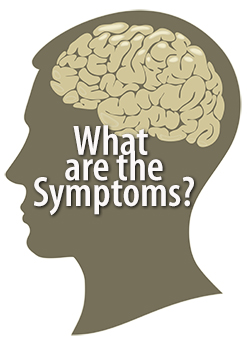
Relapse Triggers
- Exhaustion: becoming overly tired
- Dishonesty: lying to family and yourself
- Impatience: change is not happening fast enough
- Argumentative: arguing about small issues
- Depression: overwhelming despair
- Frustration: things are not going your way
- Self-pity: feeling like a victim
- Cockiness: feeling like you"have it made"
- Complacency: slacking in your program and recovery
- Expecting to much from others: wanting quick change
- Letting up on discipline: not attending your meetings, therapy, etc.
- The use of mood-altering chemicals: drinking, pills, drugs, etc.
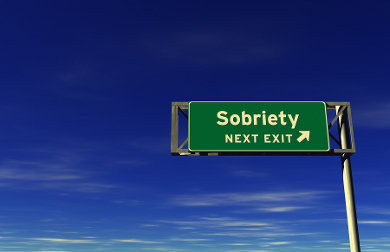
Relapse Prevention Toolbox
- 12 step meetings
- Counseling
- Meditation techniques
- Group therapy sessions
- Sponsorship
- Exercise
- Hobbies
- Writing
- Booster sessions
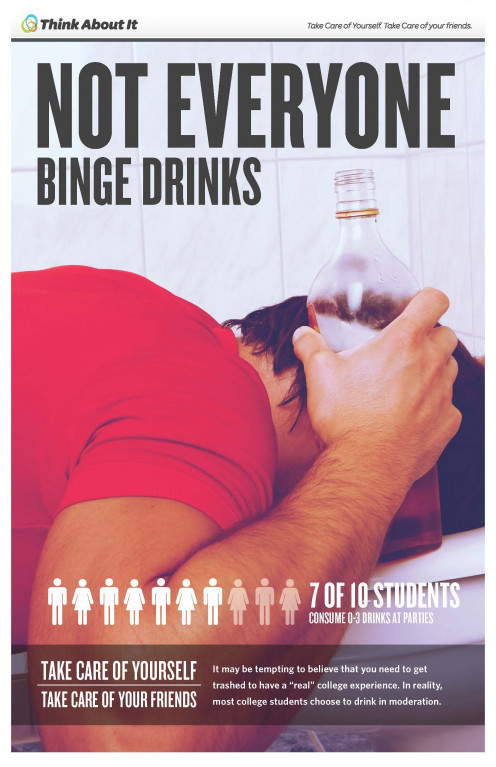
Help is Out There.
If you or someone you know needs help please contact an addiction treatment service in your area and seek help. You can visit aa.org for more information on Alcoholics Anonymous and recovery.org will assist you in locating a counselor in your area.
References
Oxford, J. (2011). Addiction Dilemmas: Family Experiences in Literature and Research and Their Lessons for Practice. Hoboken, NJ. Wiley-Blackwell.
Stevens, P. & Smith, R.L. (2013). Substance Abuse Counseling: Theory and Practice. Upper Saddle, NJ. Pearson Education Inc.
Dennis, D.C. & Marlatt, G.A. (2006). Overcoming Your Alcohol or Drug Problem: Effective Recovery Strategies Therapist Guide. Cary, NC. Oxford Press.

